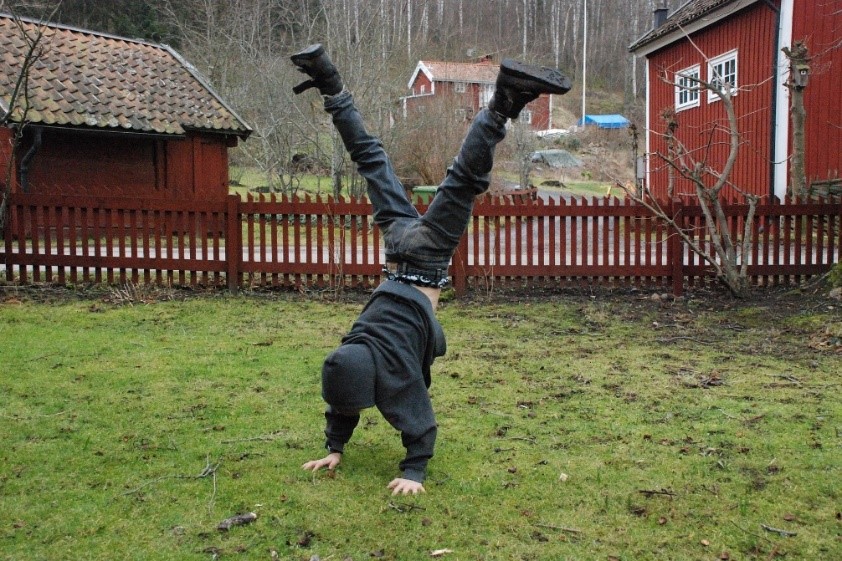
During this time of social distancing, parents and caregivers play an important role in helping children stay healthy. This includes helping children remain positive, active, and connected to their friends and peers. Silence or lack of contact with friends can make some children feel rejected, insecure, or confused. Parents can help them, for example, by facilitating weekly video calls between children and their friends. They can create an art project together or discuss homework during their call.
Some children may respond to social distancing with feelings of loneliness, boredom or uncertainty. Parents can foster a sense of inclusion by organizing family games and other fun activities together. Outdoor games in the backyard or going for walks together can boost everyone's mood. Goal-oriented projects that require daily tasks with a reward for completing them will give everyone something to look forward to, and something positive to focus on and experience together.
Because of social distancing at home, children and teens will likely spend more time on their electronic devices, social media, and apps. Whether for entertainment or distance school learning, they will be online – meaning cyberbullying can happen. Parents should be aware of this, pay attention to their child's behavior and check in with them about who they're chatting with, the games they're playing, and the apps they are using. It is important to ask open-ended questions, and keep the lines of communication open. Watching animated videos on bullying prevention with younger children can provide an opportunity to talk about their peers and what they miss about school. Parents may likely also spend more time online during social distancing, and can model online respect and kindness for their kids.
StopBullying.gov has resources for parents and caregivers on cyberbullying. Learn about cyberbullying tactics used by children and teens; why it's important for parents to have an awareness of their children's digital lives; and the importance of teaching good digital citizenship skills to children and teenagers.
During this time of unprecedented change and stress, everyone should heed the advice of health and government officials and stay at home. Even through this challenge, there will be new ways to connect, appreciate, and support friends and family members.
For more information and resources related to the United States response to Coronavirus (COVID-19), visit www.coronavirus.gov.

